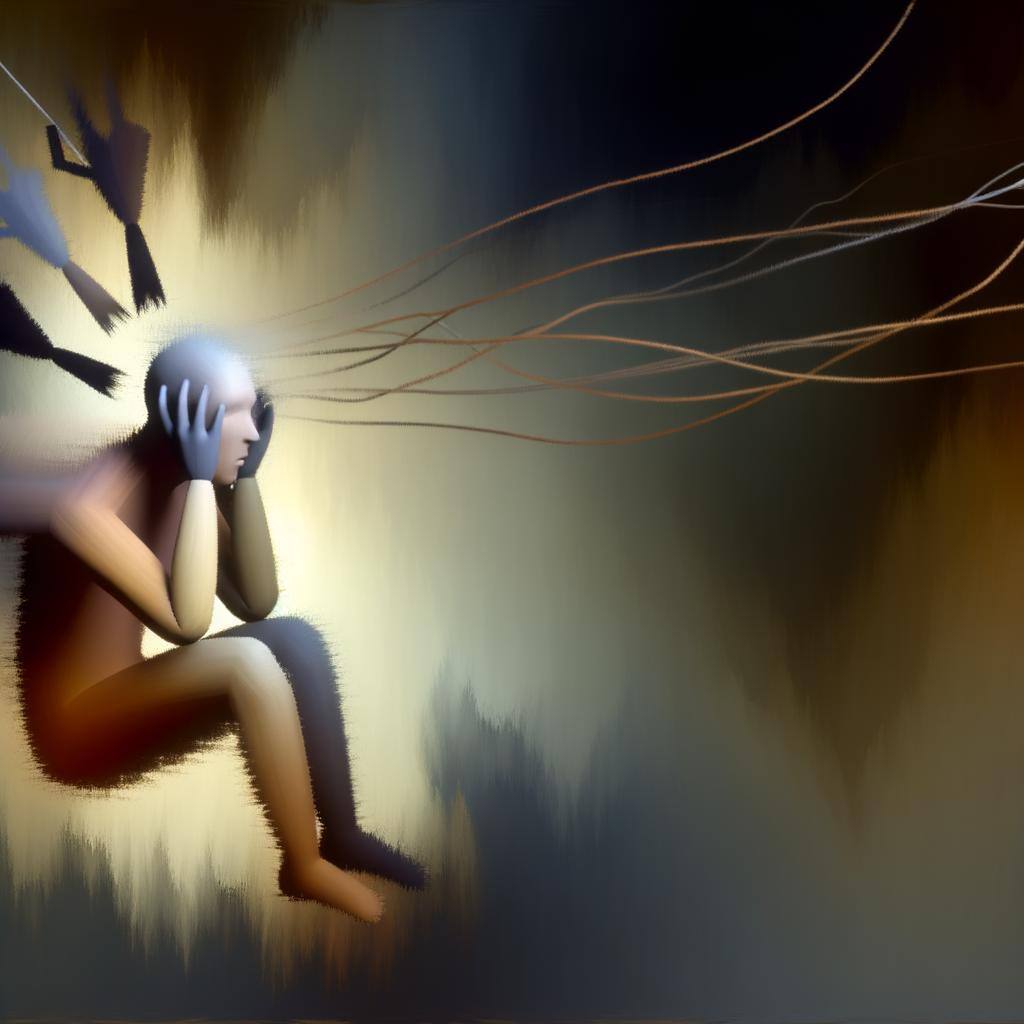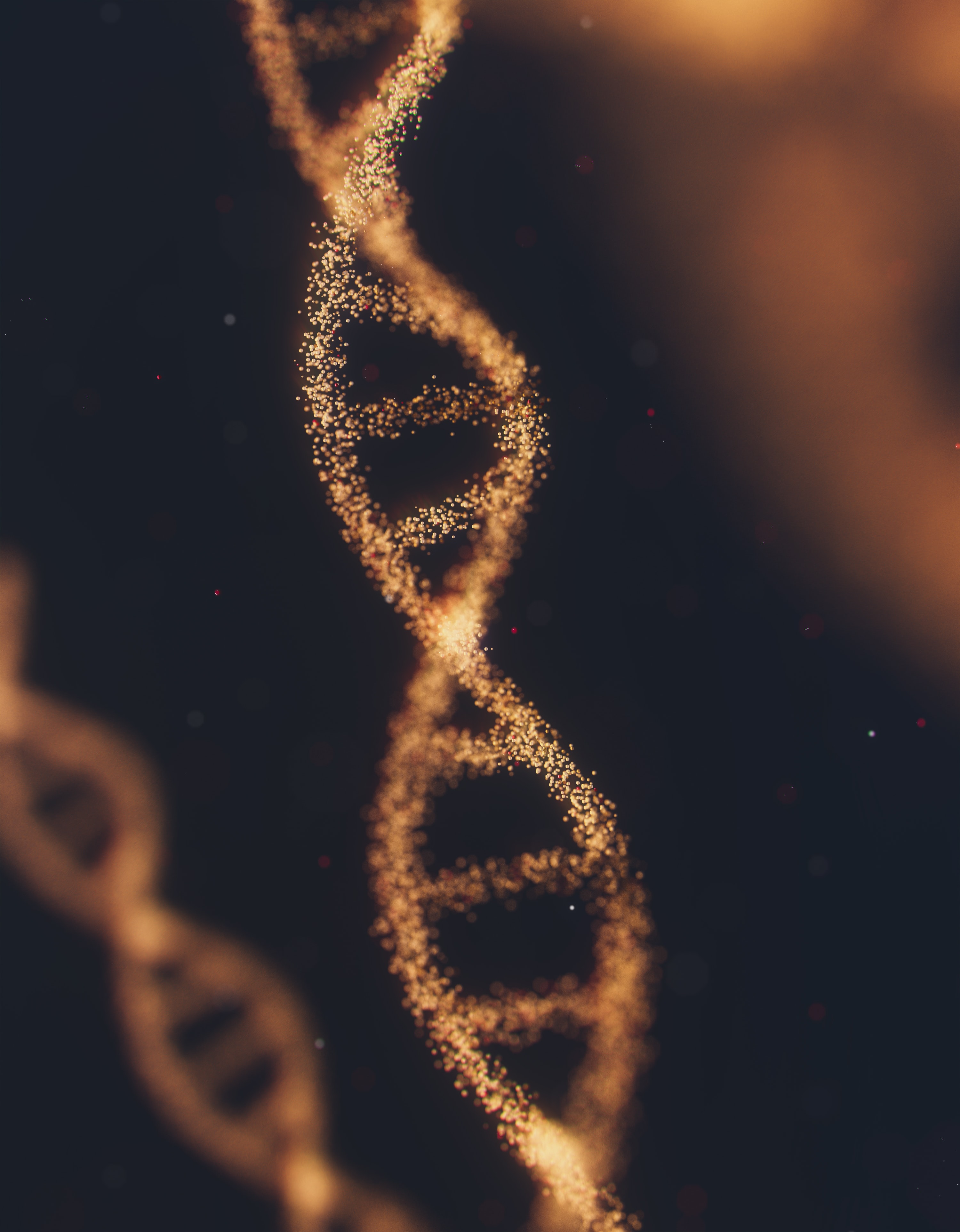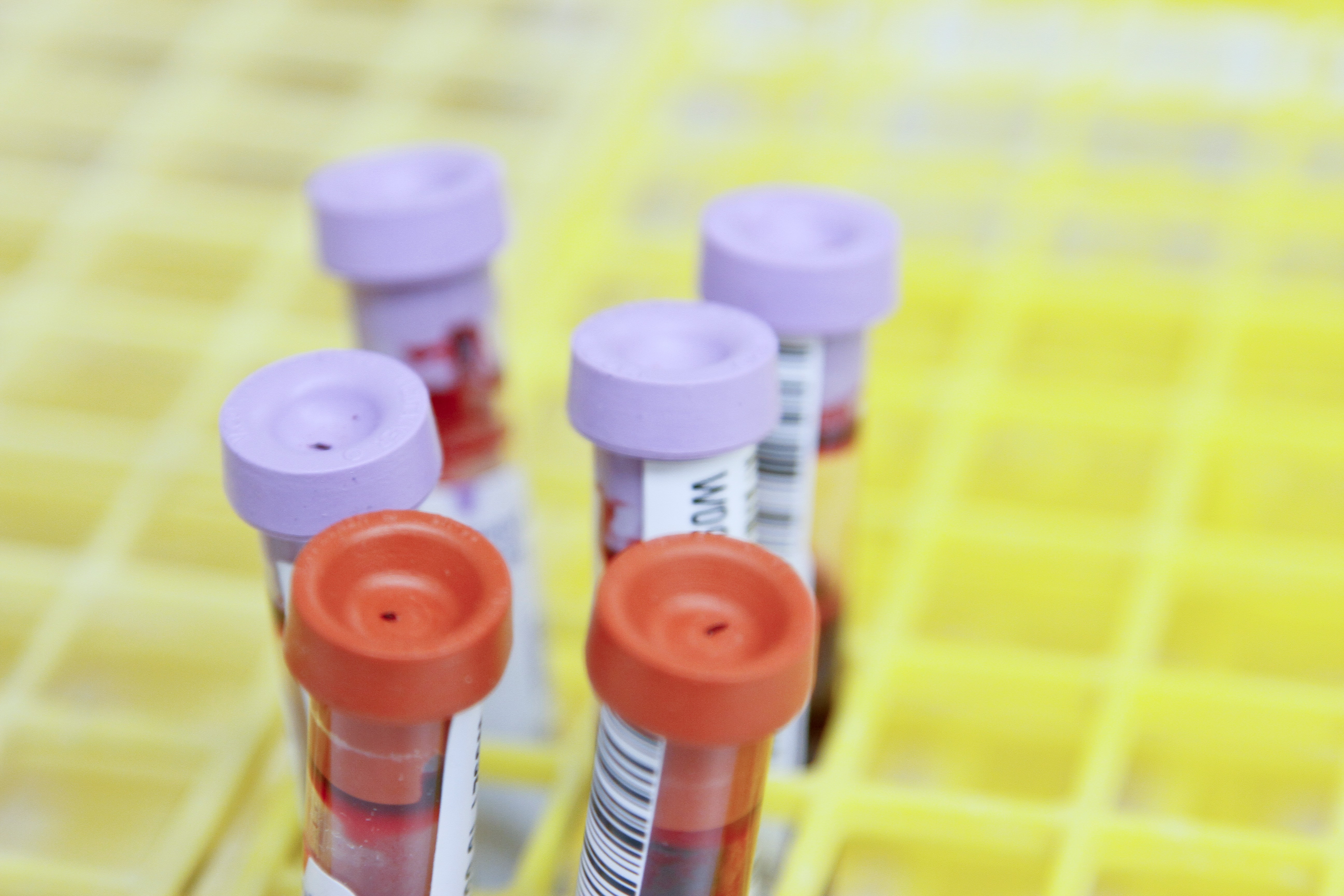Why am I always so tired? Do I have Chronic Fatigue Syndrome?
There are many reasons why we might feel more tired from one day to the next. Sometimes this is a natural response to our energy output or lack of rest. However, in the case where there is no obvious explanation, its important to look closer at your health to see if there is an underlying cause. In this article we will explore the abnormalities of the body that cause us to feel tired or fatigued and discuss how Chronic Fatigue Syndrome fits into the functions of the body.
Fatigue Defined
Fatigue and low energy are very common complaints and are also associated with many  medical conditions. What's the difference between just being tired and unmotivated and actual fatigue? Usually when you are tired or unmotivated it is temporary and relieved with rest. In contrast, fatigue is ongoing and will last weeks to months to years. The diagnosis of Chronic Fatigue Syndrome requires persistent fatigue for 6 months or more and accompanied with other symptoms. These symptoms can range from diffuse muscle and joint pain and malaise not relieved by rest.
medical conditions. What's the difference between just being tired and unmotivated and actual fatigue? Usually when you are tired or unmotivated it is temporary and relieved with rest. In contrast, fatigue is ongoing and will last weeks to months to years. The diagnosis of Chronic Fatigue Syndrome requires persistent fatigue for 6 months or more and accompanied with other symptoms. These symptoms can range from diffuse muscle and joint pain and malaise not relieved by rest.
How Our Bodies Make Energy
Our bodies make energy by accessing the energy in the chemical bonds of the food we eat. When we consume food our bodies digest it into microscopic pieces of carbohydrates (monosacarrhides, disaccarides, and polysacarides), fats (triglycerides and small chain fatty acids), and proteins (amino acids, and small peptides). These food particles are then further broken down to access their chemical bonds in "The Krebs Cycle." This cycle is a complex biochemical engine that requires certain enzyme, vitamins, and nutrients to work. In order to do this our bodies need certain hormones, vitamins, nutrients, enzymes, and oxygen. This break down process is known as oxidative phosphorylation because it requires oxygen. Most of the energy is made in our mitochondria which are sometimes referred to as the cell batteries. Certain hormones can speed up or activate the breakdown of the food particles.
As you might image there are many ways in which energy production can be interrupted to create fatigue. because energy production is basically your metabolic rate, your ability to convert food energy into usable energy is closely linked with your weight as well. In the next section we will look at some of the areas where the body fails to make energy efficiently.
Common Medical Causes for Low Energy / Fatigue
Because fatigue is a subjective feeling and can arise for so many different reasons, by itself, it does not give us a lot of clues as to what is wrong with you. However, when paired with other symptoms and signs in your body, the picture can be much clearer.
- For instance, if you have low red blood cells, your fatigue is likely due to anemia. Red Blood Cells (RBCs) carry oxygen to the cells. When the amount of RBC's are limited, the ability to make energy is limited. Similarly, if you have problems with your heart, your fatigue could be from lack of blood flow to the cells, as the cells get less oxyogen. And along the same vein, when you have lung disease, your RBCs may be lacking sufficient oxygen saturation and thereby deliver less oxygen needed to breakdown the carbohydrates and fats.
- Hormone imbalances like hypothyroid decrease the rate at which "The Krebs Cycle" works. Often times there will be corresponding weight gain as well as fatigue. This is not the case in the above examples. Other hormone deficiencies like testosterone deficiency also effect energy levels. It is not exactly clear how it does this but there is clear evidence that overall lean muscle mass decreases with low testosterone. With less muscle, breakdown and transport of carbohydrates and fats is less efficient. As an example, men with low testosterone are more likely to have impaired fasting glucose, prediabetes and diabetes proper. There can also be a mental fatigue with low testosterone from reduced levels of certain neurotransmitters. Diabetes can also cause fatigue since the sugar has difficulty entering the cells. As a result the sugars cannot go through "The Krebs Cycle" to make energy.
- B12 deficiency will reduce RBC production and reduce energy consistent with the description for anemia. It also helps to produce neurotransmitters like dopamine and norepinephrine which are stimulating. The fatigue associated with depression is more of a mental fatigue, apathy, and lack of motivation. It is different than say the inability to do things from actual low energy reserves. The difference is the desire to do things. With depression there is little to no desire.
- Substance abuse can cause low energy for many reasons related to the above noted items. Different substances will cause different reasons for low energy but in general substance abuse causes depression when the substance is not being consumed. There is also commonly vitamin and nutrient deficiencies as well from consuming the substances. Some prescribed medications can also cause a similar pattern.
- Cancer can cause low energy because the cancer is consuming and utilizing a lot of the nutrition you eat and your body does not get any of it.
Functional Issues that Contribute to Low Energy
-
Sleep is an important part in recovering from daily activities. If you are resting less than 8 hours and you are feeling fatigued chances are you need to catch up on your sleep. While it is always best to get 7-8 hours of sleep, some people feel fine with less. Research suggests that daytime napping is an okay substitute for a continues 8 hours.
- Long periods of stress can alter the way our endocrine system works leading hormonal imbalances. In particular, the adrenal glands seem to be most effected. The adrenal glands are responsible for making hormones for fight or flight. During periods of high stress these hormones are produced in large quantities setting the body up for deficiencies later. Sometimes we don't recognize it until the stress is gone and sometimes the adrenals run out out of steam during the stressful event. In either case adrenal fatigue can be debilitating causing abnormal sleep cycles, depression, anxiety, weight gain, poor exercise tolerance, and many other symptoms.
- Food sensitives can also cause fatigue as they lead to poor digestion and vitamin and nutrient absorption.
Chronic Fatigue Syndrome and Fatigue
The cause of Chronic Fatigue Syndrome is not exactly known but there are several proposed causes. Two leading thoughts are inefficient mitochondria with associated oxidative stress and chronic viral infections related to poor immune function. The first scenario comes about when the body cannot handle all the free radicals produced by the mitocondria leading to damage and inefficiency of the mitochonria. Remember the mitochondria are the energy centers in the body and without them the energy our body can produce is limited.
In the second scenario, the immune system is so poorly functioning that viruses cannot be kept in check. Normally when we are exposed to viruses like EBV (Epstein-Barr virus) and Humanherpes 6 virus we go through a period of sickness and then move on with our lives (and sometimes we don't even get sick and our bodies fight them off). For those with Chronic Fatigue Syndrome, the immune system is in a daily struggle with the viruses and cannot suppress the virus into dormancy. This leads to daily struggle with energy levels.
Treating Your Fatigue
There are many ways to approach treating fatigue. This article did not cover all the possible causes of fatigue but should give you a good idea of what could be causing your fatigue. The first step is to rule out the most common and easily treated causes like anemia, vitamin deficiencies, and functional issues. Fatigue is one of the most common reasons people look to naturopathic medicine as western medicine is limited in what they can offer. At Southwest Integrative Medicine our naturopathic physicians frequently treat fatigue of various origins.
For a free consultation to better understand how we can help you treat your fatigue, click on the link below.




















